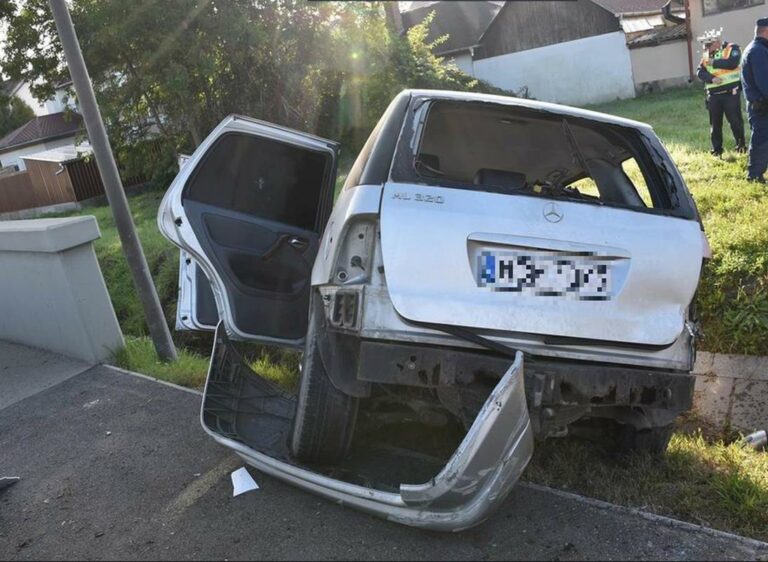migration
Neighbouring country hermetically closed Schengen border!
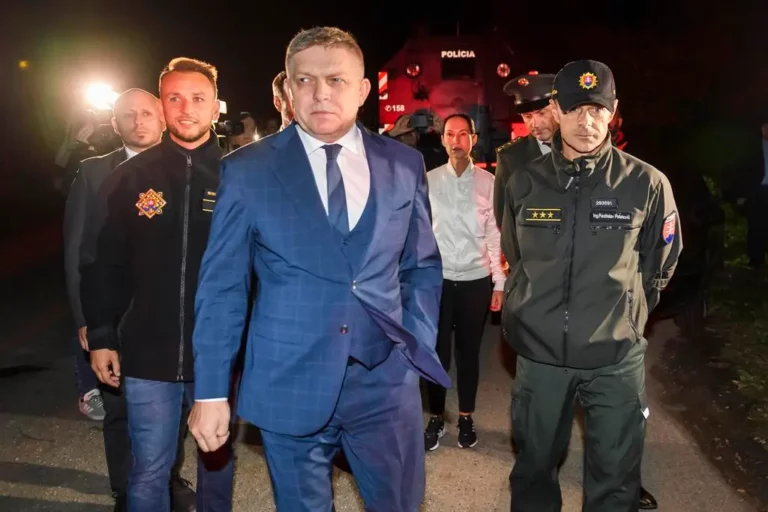
Secret Hungarian report about terrorism, migration to be published

Hungary vehemently against the EU’s Migration Pact
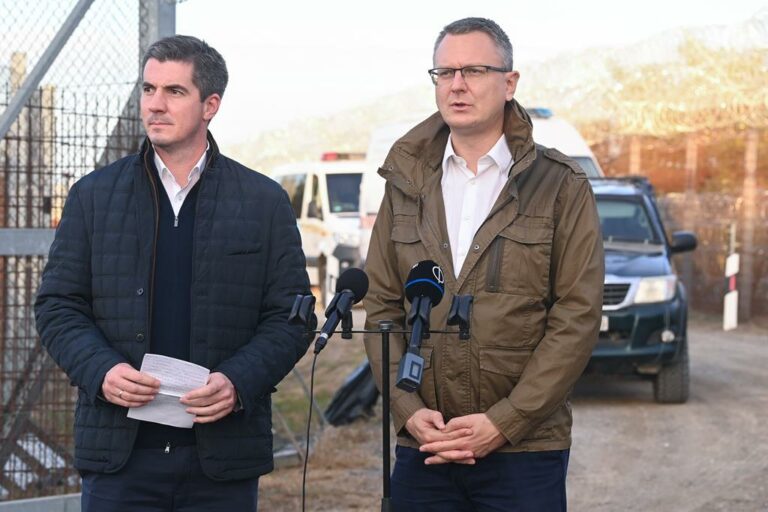
Hamas, ISIS, Al-Kaida terrorists, arms come to Hungary
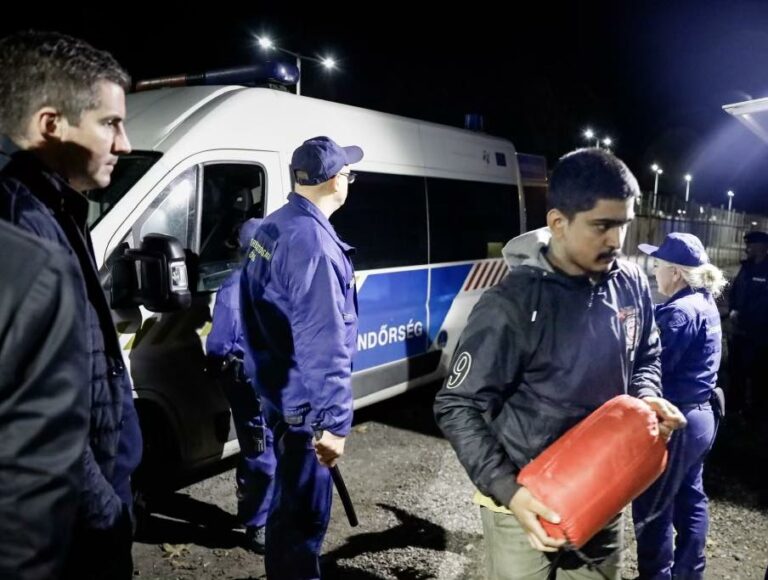
PM Orbán: Support for migration equals support for terrorism
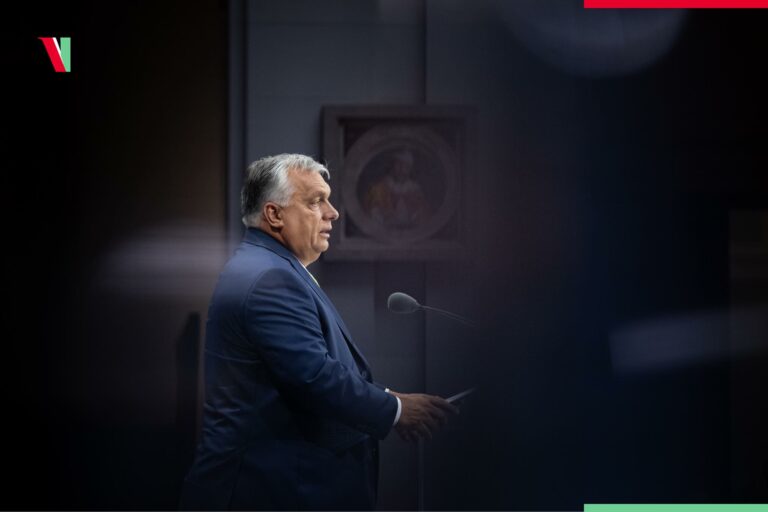
Hungarian FM: ‘Age of danger’, ‘humanity lurching from crisis to crisis’
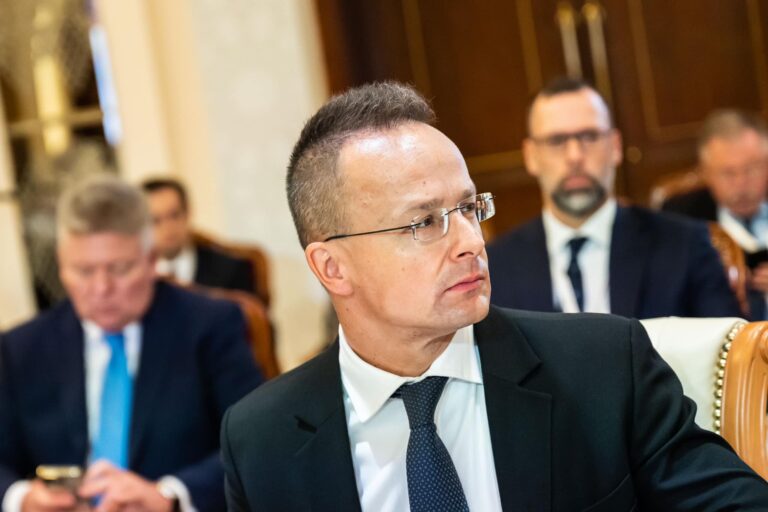
People smugglers, 22 migrants detained in Budapest

Hungarian governing Fidesz presents a declaration against Hamas and illegal migration

Government: dangers that come with mass migration “are on display every day”
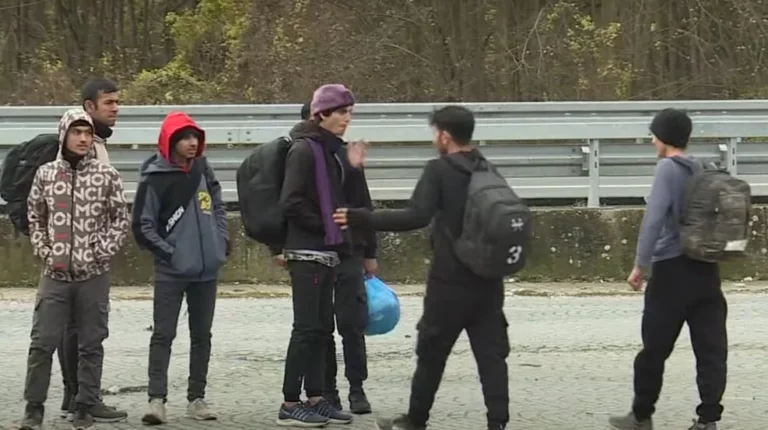
Government fiercely against EU ‘migration pact”

Hungarian army, police will open fire on illegal migrants?
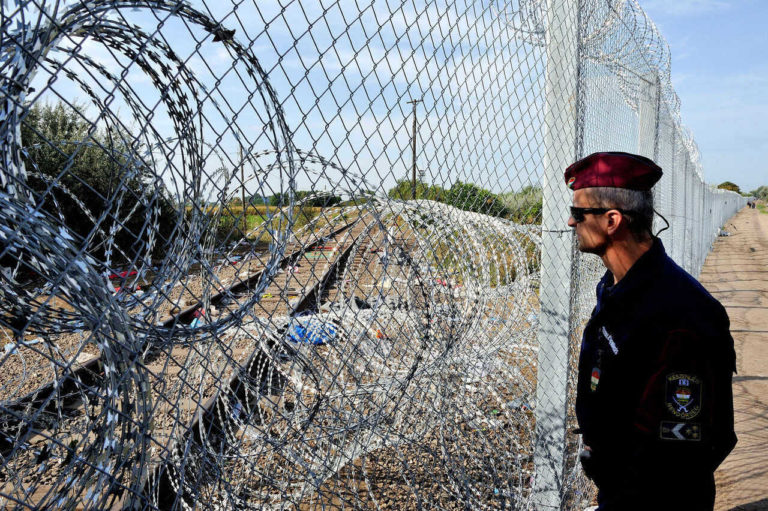
End of Schengen? Another neighbouring country introduced border control from this midnight

Orbán administration: illegal migration = terrorism
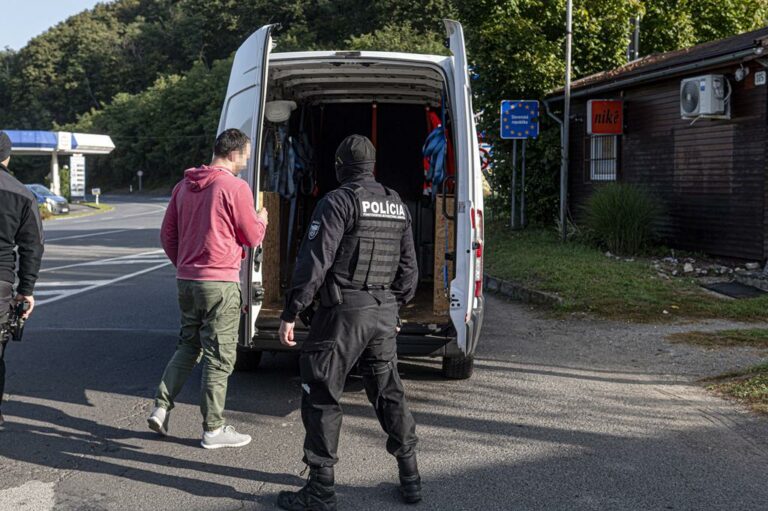
MEP calls on EC to investigate if community funding has gone to finance terrorism
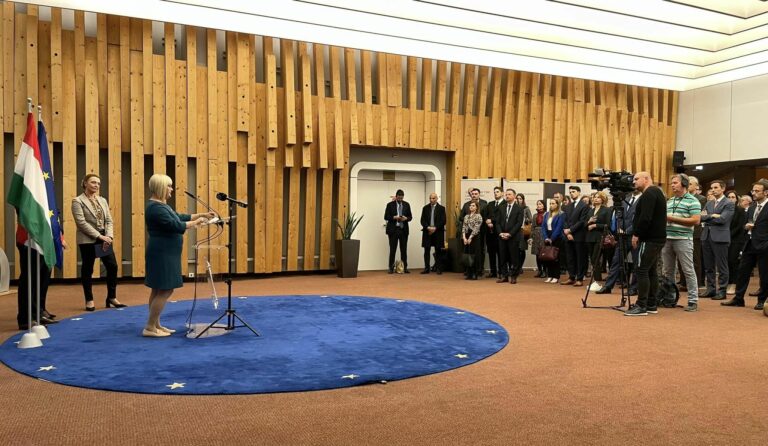
BREAKING: Slovenia introduces border controls at Hungarian border
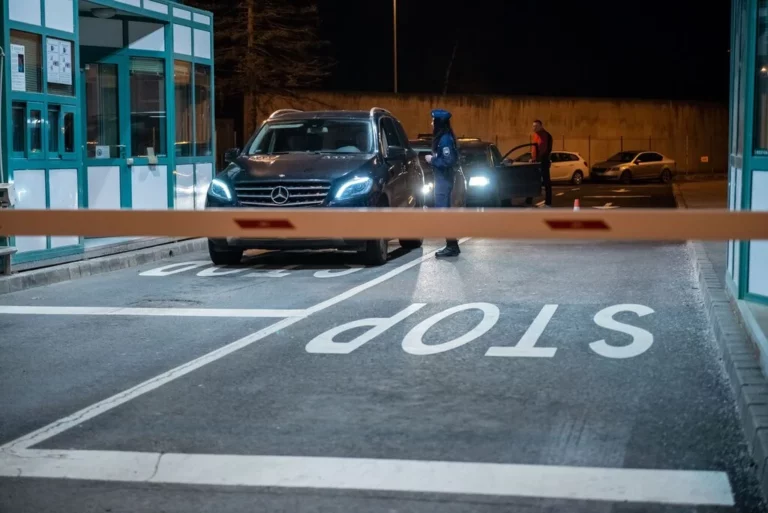
Hungarian politician: Government’s stance on migration vindicated by Brussels shooting

Hungarian government to send military mission to Africa

Human smuggler arrested in Hungary after an accident with a car full of migrants
